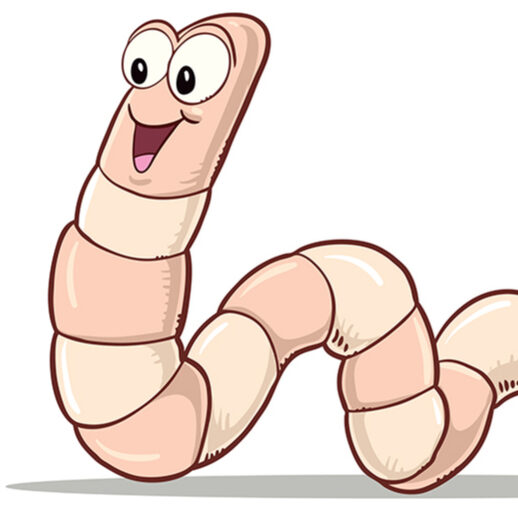As reports released this week show, we as horse owners, are getting frightening close to the point where the wormers we have will become useless. The reasons for the increase of worm resistance have many factors:
- Over worming
- Lack of worm egg counts
- Not poo picking daily
- A clear discussion with your vet about the correct wormer to use for your horse
What is the data on worms and horses?
20% of the equine population in the UK harbour 80% of the worm population. Therefore blanket worm programmes done every 8-12 weeks for the whole yard are not sensible, instead it should be targeted to those horses and ponies who have a high worm burden.
Why are some horses more susceptible than others on the same yard?
This means for every 5 horses on a yard 1 of these will have a high worm burden and this will be due to a variety of reasons:
- Age: the very young and the very old have higher worm burdens than the rest of the population
- Breed: Some breeds of horse are more susceptible to high worm burdens than others
- Immune compromise due to other issues such as “cushings”, immaturity, stress and grazing
Control methods and field management:
There are many control methods that can be used to control the worm egg density on ground and they are seen below.
- Mixed Grazing: This is when you use other herbivores (such as cattle or sheep) to graze the ground either before the horses are put onto it or straight after. This ultimately stops the life cycle due to the use of these dead end hosts.
However, not every horse owner has access to, or the land size available for grazing to allow this to be practical.
- Rotation of Paddocks: This used to be the tried and tested method that worked well when we had clearly defined seasons. Unfortunately with climate change and the blurring of seasons this is no longer a viable option for worm control.
- Poo Picking: Daily poo picking to ensure there is limited numbers of eggs on the pasture is the strongest tool we have in our arsenal at present. Poo picking needs to be done manually to minimise the risk of soil disturbance and grass sickness.
What Vets and Horse owners need:
- A small but susceptible population of worms and worm stages in their gut. This small but susceptible population has a symbiotic relationship with the horse which aids the immune system and is normal and healthy.
- The parasites gain a host that enables them to mature and perpetuate their life cycle, while the horse obtains a measure of resistance to further parasitic infection.
Clinical signs of a heavy worm burden:
- Repeated bouts of colic and diarrhoea.
- Pot bellied appearance
- Rough coat, and/or high worm egg count (depending on the time of year).
We firmly believe that all horses should be worm egg counted from February to September and wormed with the right wormer at the right time. We are more than happy to discuss worm egg counts with yourselves throughout the year and advise on which wormer is best depending on your result.
We would strongly advise worming any equine over 6 months of age with equest pramox over the winter months. It should be a one off dose for body weight and we are more than happy to discuss preventative health care with yourselves at any stage.

